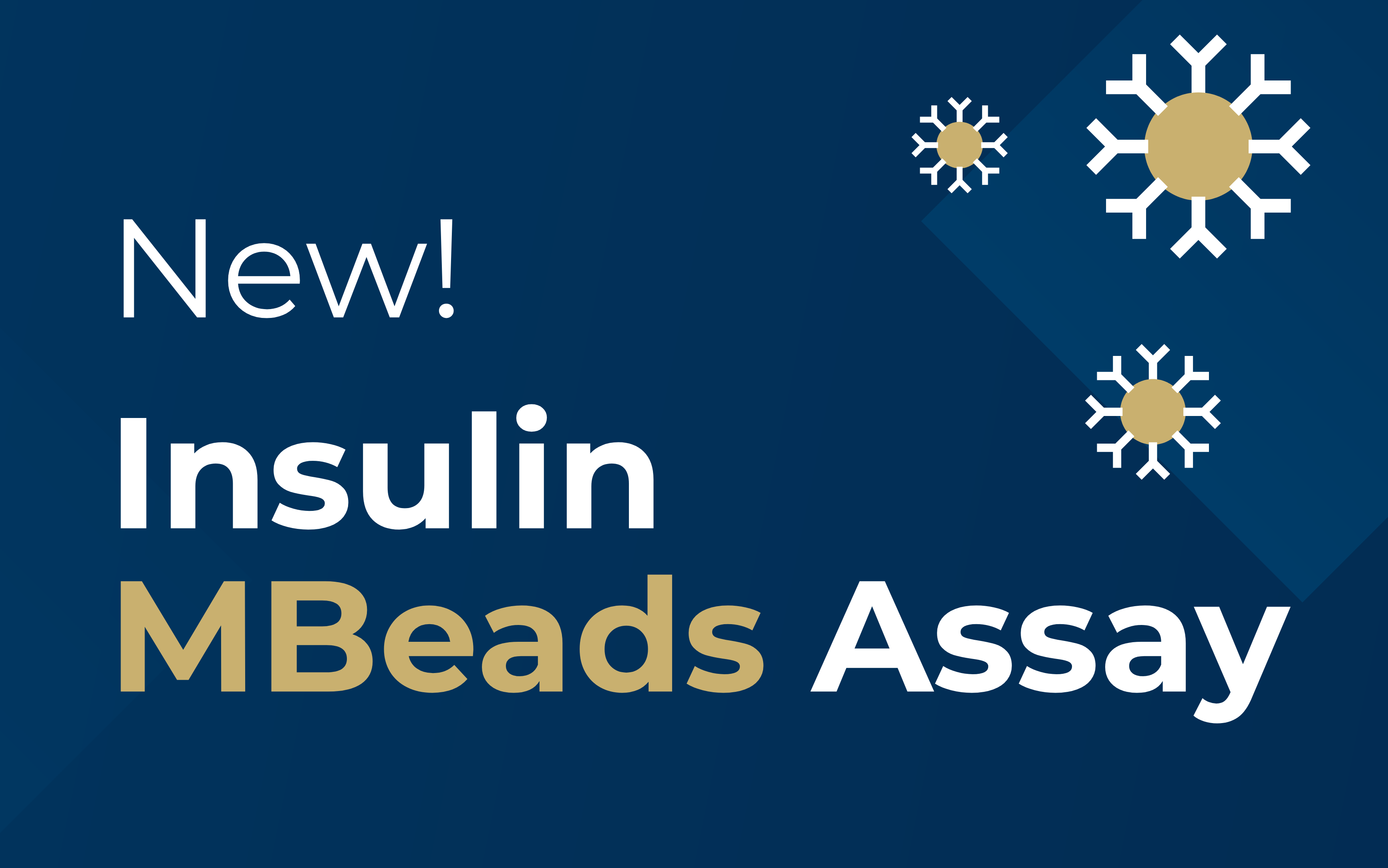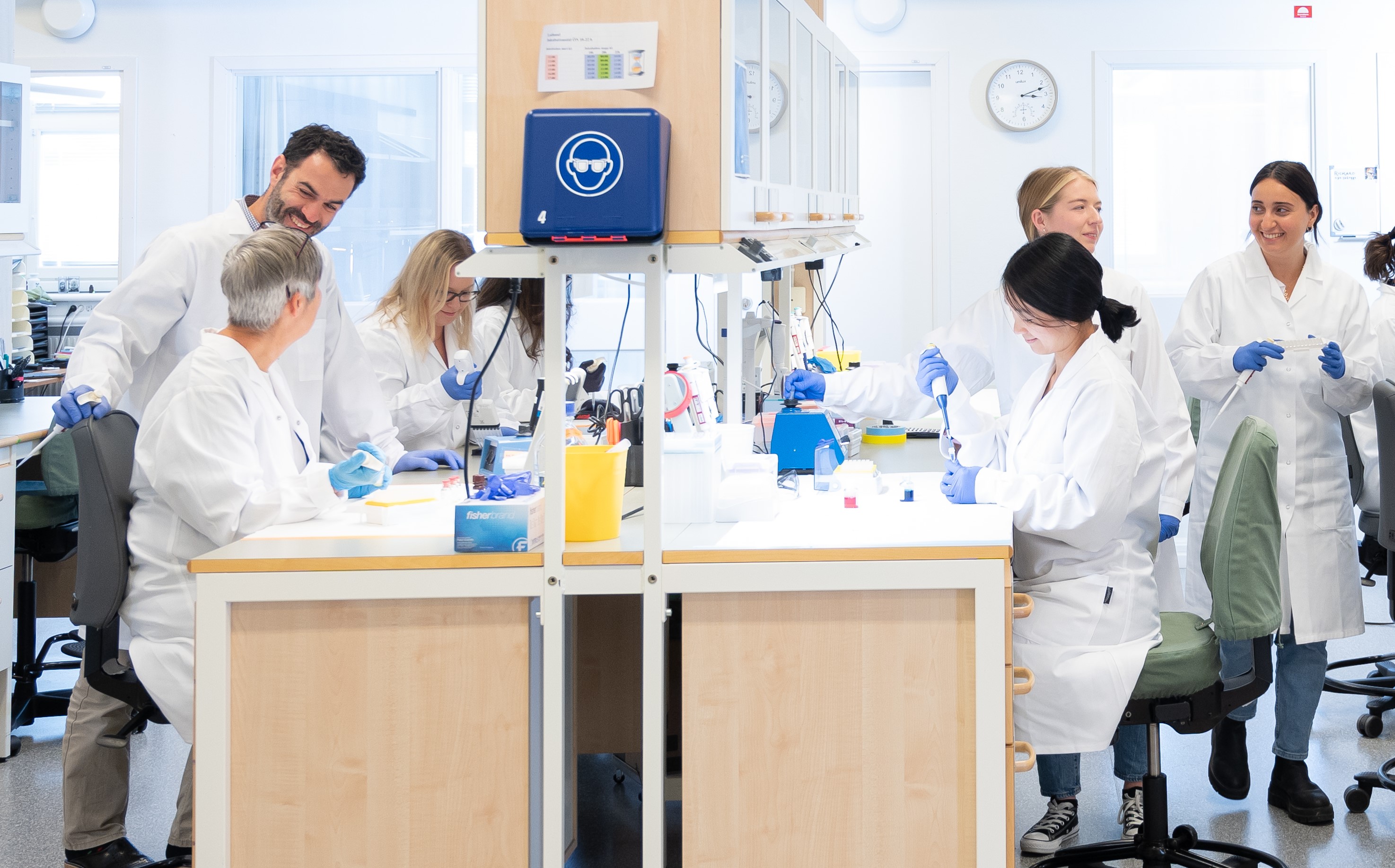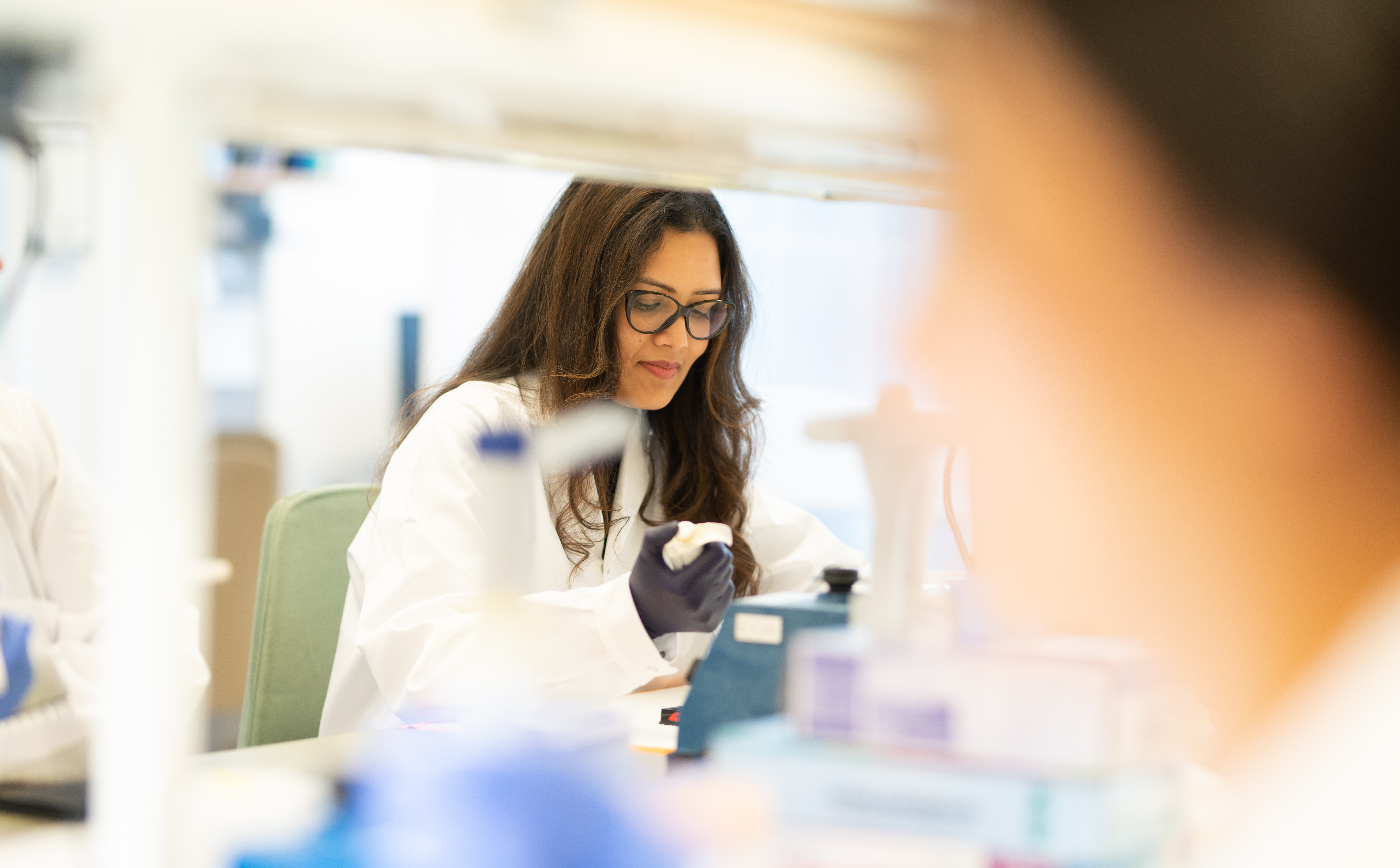The Mercodia Glucagon ELISA was chosen for the glucagon measurements in the Restoring Insulin Secretion (RISE) study. Here we present data from the evaluation of our assay, and conclusions drawn from the glucagon measurements in the study.
Progressive decline in β-cell function plays a crucial role in the progression from normal to abnormal glucose tolerance and in the pathogenesis of type 2 diabetes. The Restoring Insulin Secretion (RISE) study has examined approaches to preserve or improve β-cell function in youth and adults with prediabetes or early type 2 diabetes.
The RISE study is comprised of three randomized clinical trials, of which two are medication studies: the RISE Pediatric Medication Study (10-19 years) and the RISE Adult Medication Study (20-65 years). The third study, the RISE Adult Surgery Study (BetaFat; 22-65 years), compared both surgical and medical interventions. All RISE studies used the same evaluation methods and a central laboratory to enable direct comparison of determinants of glucose metabolism in youth and adults.
Steven E. Kahn, M.B., Ch.B. (University of Washington, Seattle, WA, USA) and colleagues set out to determine whether β-cell hyperresponsiveness and insulin resistance in youth versus adults are related to increased glucagon secretion.
It was important for the team to choose an assay that would enable accurate determination of glucagon itself without significant cross-reactivity to alternative glucagon products, like glicentin and oxyntomodulin, since this has been shown to be problematic in certain assays.
For the glucagon measurements in the study, the team chose the Mercodia Glucagon ELISA (10-1271-01). To implement the assay in their laboratory a profound evaluation of the kit was performed, and the internal validation showed that Mercodia´s Glucagon ELISA met their established acceptability criteria. The evaluation verified the assay´s sensitivity and reference range, and further demonstrated low CV% values confirming our internal claims regarding the product performance.
Overall, Mercodia´s Glucagon ELISA kit covered the following requirements:
- Assay curve and signals are consistent within the indicated parameters
- Assay sensitivity verified as claimed by Mercodia
- Glucagon concentration was within the normal range as indicated by Mercodia
- The Glucagon assay meets the linearity requirement within the reportable range
- The Glucagon assay results meet the within-run precision requirement (CV less than 10%)
- Results obtained on the quality control samples are within the range provided
With a well validated, trusted, and reliable assay, Kahn and the team could compare the relevance and similarities of glucagon concentrations in youth and adults and with certainty demonstrate that increased α-cell glucagon release is not the basis for the differences observed in the two age-groups. With this knowledge, the team will continue their efforts to understand the mechanism behind the hyperresponsiveness of the β-cell and insulin resistance in youth.
Read the full evaluation report:
References:
Restoring Insulin Secretion (RISE): Design of Studies of β-Cell Preservation in Prediabetes and Early Type 2 Diabetes Across the Life Span | Diabetes Care (diabetesjournals.org)
NIDDK: The RISE Consortium (RISE) (nih.gov)
NIDDK: Beta Cell Restoration Through Fat Mitigation (BetaFat) (nih.gov)
NIDDK: Restoring Insulin Secretion – Adult Medication Study (RISE Adult Medication) (nih.gov)




